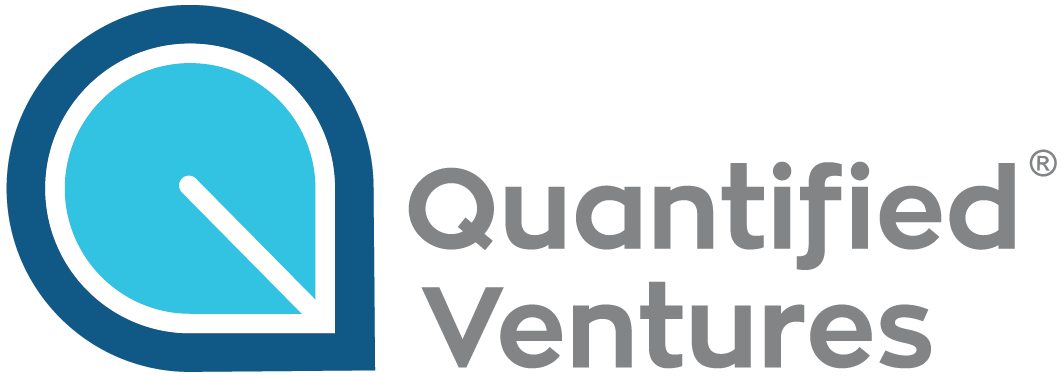A New Equation for Sustainable Health Solutions
Performance-Based Revenue + Mission-Aligned Capital =
Sustainable Quality Health Solutions
by Alana Podolsky and Alison Rein
There is increasing recognition that social drivers of health are often most effectively addressed at the community level, by trusted organizations with local roots. While traditional healthcare providers can play a critical role, local community-based organizations (CBOs) deliver incredible value in geographies rural, metropolitan, and everywhere in between. But across the board the compensation that CBOs earn through government contracts, fee-for-service reimbursement, and other sources falls far short of both the costs they incur and the actual value they produce.
Take for example Volunteers of America (VOA)’s Family-Focused Recovery (FFR) program – which provides residential substance use disorder treatment and extensive wraparound services to women and their children – and its relationship to Medicaid reimbursement.
In a recent analysis of 7 states, the combination of Medicaid reimbursement and Temporary Assistance for Needy Families (TANF) funding available to such programs accounted for anywhere between 15-75% of actual operating cost – impeding sustainable operations, impact potential, and scale.
VOA affiliates operating FFR programs must solve for these significant budget gaps through continuous fundraising from philanthropic and other sources. While helpful, these sources are neither predictable nor long-term, which makes it hard to consistently operate in a manner that generates meaningful positive outcomes, including long-term recovery, family unification, and healthy infants.
What if the means to close these budget gaps exists within the programs themselves through performance-based revenue models? And could this new capacity to generate predictable and adequate revenue help these CBOs to access new – and perhaps larger – sources of capital?
This is the vision that has motivated QV’s partnership with VOA and Humana in recent years. While the field is new and the market just taking shape, we see opportunities for more such partnerships to take root – and for investors and lenders to step up and provide CBOs with the financing products needed to produce positive impact at scale.
To launch new programs or scale existing programs with proven impact, CBOs must recognize the value they create, work to capture (and document) more of that value, and be willing to take on some financial risk. But capital costs are often overlooked when assessing sustainable operations, and traditional financing/funding avenues are often inaccessible, too costly, or insufficient for these organizations.
By blending philanthropic donations, public grants, and private (sometimes concessionary) capital, CBOs can build a capital stack that enables program growth, retains mission fidelity, and aligns all parties around achievement of beneficial societal outcomes.
Quantified Ventures has a long history of helping CBOs to create new earned revenue streams that facilitate blended capital project finance.
An Emerging Model and Partnership
Through a partnership with VOA Southeast Louisiana (VOA SELA) and ReHealth Collaborative – a new non-profit organization managing funds seeded by Humana – QV was able to develop an innovative capital model to support sustainable FFR program development. QV worked with ReHealth to structure a $1MM loan to VOA SELA, serving as a subordinate source of debt for a $6.3MM capital stack required to renovate VOA SELA’s new FFR program home in downtown New Orleans.
This FFR program will be the only operational program of its kind in the city, providing pregnant and parenting mothers with substance use disorder intensive inpatient treatment in a facility that will also welcome (and provide wraparound services for) their children. With a launch date in Fall 2025, the program will serve roughly 120+ mothers annually, providing benefits to these women and generational impact through the integrated care provided to their children.
As debt financing (even with concessionary terms) requires principal repayment plus some level of return, QV has worked with CBOs across the country to establish contractual relationships with MCOs that deliver new earned revenue opportunities and create a mechanism for repayment (i.e., they serve as collateral). This opportunity to generate new revenue through performance payments establishes a critical third leg of the financial stool for many non-profits, alongside government grants and philanthropic donations.
In New Orleans, QV is supporting the development of value-based contracts between VOA SELA and in-market MCOs that generate outcomes payments tied to improvements in client’s recovery outcomes and infant health. These value-based contracts will generate operational revenue and play a critical role in the program’s capital stack.
Ultimately, loan repayment will be contingent on the program’s ability to generate predicted outcomes, such as improved neonatal experience for newborns whose mothers receive treatment and avoided secondary acute treatment events (no residential detox or emergency room visits related to SUD within 6 and 12 months post discharge) for moms. By taking on repayment risk tied to program performance, ReHealth’s loan enables VOA SELA to build a concessionary and achievable capital stack.
Pay For, And Replicate, What Works
The beauty of this model is that it is scalable. QV is currently working with VOA and ReHealth on deploying this FFR program financing model in states similarly impacted by high rates of substance use disorder – Kentucky, Ohio, Oklahoma, and Virginia – where capital needs are significant, existing program revenue sources are insufficient, and yet the potential to improve lives is enormous.
While this market is nascent, and the need for capacity building is vast, we are excited to partner with organizations that are willing to test new models for driving capital to solutions that work.
At QV, we know innovation is needed for both new revenue generation and investment. And we welcome the engagement of additional investors, foundations, philanthropists, health plans, and partners willing to both meet CBOs where they are and challenge organizations to expand into new relationships and financing approaches that can support growth and deliver positive impact for families and communities.


